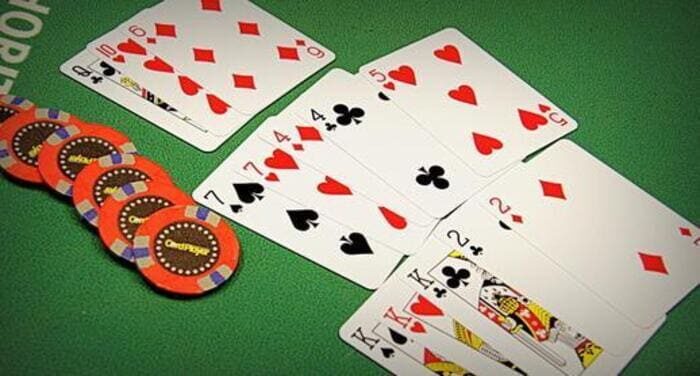When playing poker, there are some players who are considered to be “donkeys.” The term donkey in poker refers to a player who is not skilled at the game and makes bad decisions. These types of players can be a nuisance and can cause other players to lose money. In this article, we will discuss what a donkey in poker is and how to avoid being one.
A donkey in poker is a weak or inexperienced player who is often the target of ridicule by other players. Donkeys often play tight, but do not make blatantly bad poker plays. They also fold their hands when they should continue to play them, potentially due to lack of experience. They also tend to overplay cards with low odds of winning, such as a 3-5.
Fish and Donkey
There is some controversy over whether the terms “fish” and “donk” are technical poker terms or just insults. However, the two terms are generally used interchangeably to refer to weaker players. In general, a fish is a regular who does not play well, while a donk is a highly incompetent player who may not even have a grasp of the rules of poker.
The key to becoming a donkey-proof poker player is to keep records of your wins and losses, as well as analyze the results. This will help you identify any areas where you need to improve. You should also try to stay calm and avoid playing poker when you are emotional or under the influence of drugs or alcohol. By practicing and improving your poker skills, you can avoid being a donkey and become a profitable player.
In addition to analyzing your own poker game, you should pay attention to the play of other players at the table. Watch for signs of a donkey, including calling every hand, continuing to call when they have poor cards, and raising their bets frequently when they are in the same position as their opponents. Typically, a donkey will make these moves when they are on tilt after a bad beat or loss.
A good poker player will know how to exploit a donkey, and will take advantage of their mistakes and weak playing style. This can be done by bluffing with weak hands, checking their opponent on the flop, and raising when they have a strong hand. By learning how to spot and work over a donkey, you can improve your own poker skills and increase your bankroll.
Despite being a weak player, you can still be a profitable player by making the right decisions at the table. You can also avoid being a donkey by keeping records of your wins and losses, analyzing your play, and avoiding emotional or mental stress at the poker table. In addition, you can learn from the mistakes of other players and use this knowledge to your advantage. Becoming a donkey-proof poker player takes time, but if you are willing to work hard and make wise decisions at the poker table, you can achieve your goals.
